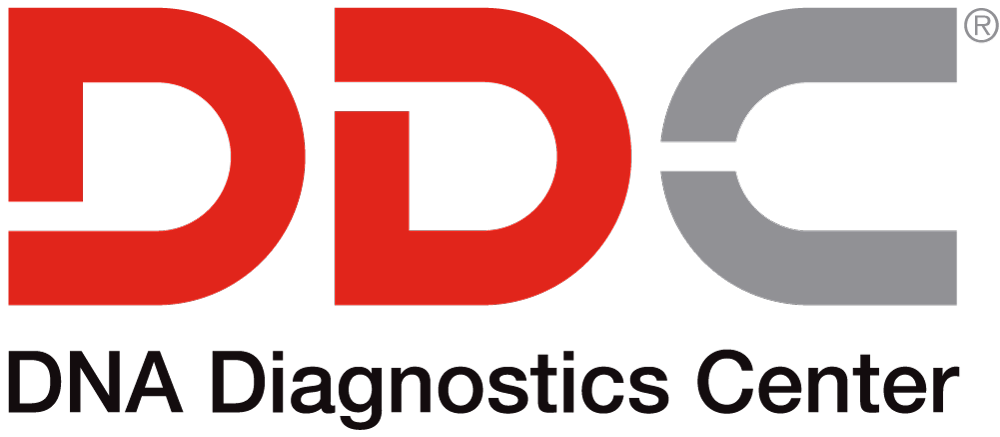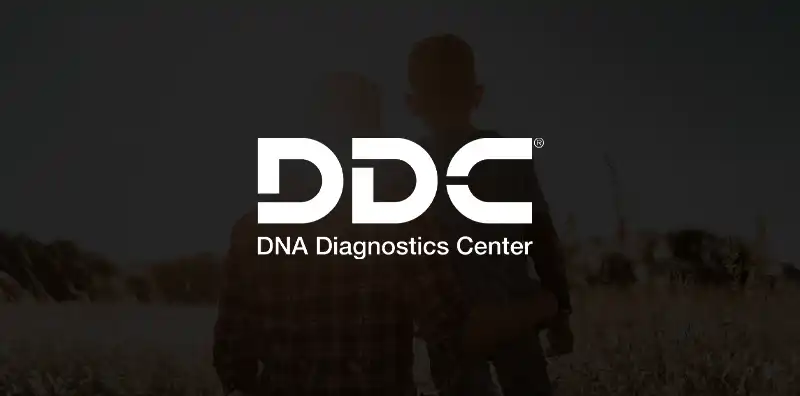NOVEMBER 16, 2021
Using Laboratory DNA Testing to Confirm Ancestry

Once you’ve located unknown family members, wouldn’t you like to know for sure if you’re biologically related to them? Researching your family tree takes a lot of time and is associated with costs. Rest assured, STR laboratory DNA testing can confirm with certainty if ancestry information uncovered during research is true. It’s a highly-accurate method for expanding your family tree.
CALL NOWDNA Tests for Ancestry
DNA tests that allow public sharing of genetic data can provide vital information about biological relationships between potential living relatives, making the test an invaluable research tool for people interested in tracing their genealogy or ancestry. The results of DNA tests can link common ancestors and answer otherwise unanswered questions about a person’s family tree. The results of these types of DNA tests can help you find previously-unknown family members, and in some cases may reveal an unexpected truth about a paternal or maternal tie. Since the popularity of ancestry exploded, DDC has seen a marked increase in the number of people seeking to confirm possible biological relationships discovered during ancestry testing.
Accredited laboratories like DDC offer many STR-based laboratory DNA testing options that help confirm questions about possible family relationships, including:
- Maternity: While similar to a DNA paternity test, this analysis compares a child’s DNA profile with their mother’s
- Grandparent: When the father isn’t available for a paternity test, this test can determine the statistical probability of whether or not the alleged grandmother and/or grandfather is biologically related to tested children
- Sibling: This test determines whether two individuals share one or both parents. Although an indirect way to prove or disprove paternity, it’s useful when the alleged fathercan’t be tested.
- Aunt-Uncle: Called avuncular testing, this is a good option when the father isn’t available for testing, because uncles and aunts share 25% of variable DNA with their nieces and nephews.
- Family reconstruction: This type of testing involves gathering DNA samples from secondary sources in order to construct a DNA profile when direct samples aren’t available. For example, the child’s DNA profile is compared with DNA profiles of at least two of the potential father’s close relatives (e.g. a full sibling or biological parent). If only two relatives are available, it’s recommended that the mother participates to help strengthen results
- Male Lineage (Y-STR): See below
- Female Lineage (mtDNA): See below
- Twins (Twin Zygosity): This DNA analysis definitively shows whether twins are identical or fraternal. This test can be helpful for establishing genetic compatibility for blood or tissue donation or determining if both twins inherited genetic defects.
DNA Testing Technology: Y-STR and mtDNA
Due to advances in DNA testing technology, tests can provide definitive answers about a person’s ancestry. In addition to other forms of technology, accredited laboratories use a combination of two types of tests;the Y-STR Paternal Lineage Test and the mtDNA Maternal Lineage Test are useful for determining lines of ancestry to establish or rule out relationships between more distant relatives.
Laboratory DNA Testing Using Y-STR Analysis
The Y-STR test is used to determine whether or not two or more males are related through their fathers via the paternal/male line (e.g. brothers, paternal cousins, grandfather/grandson, uncle/nephew, etc.). The results of this test are often used to provide additional evidence in paternity situations in which the possible father is not available for testing. The information carried on the Y chromosome remains relatively unchanged throughout generations. Because the Y chromosome follows the same father-to-son pattern as surnames in Western culture, this test is sometimes called the “Surname Test.” A tangible timekeeper of history, the Y chromosome enables:
- Tracing human evolution
- Tracking migration patterns
- Determining relatedness in groups of people
- Answering paternity questions going back generations
Although Y-STR analysis cannot distinguish between males who belong to the same paternal line, it’s useful for excluding males from a possible biological relationship. For example, if a male child and his possible paternal uncle are tested, their Y-STR profiles must match in order to determine a biological familial relationship. If they don’t match, the potential uncle is excluded as a biological relative of the child.
NOTE: Because women do have a Y chromosome, individuals born as females cannot do this test. However they can ask their brother or father to test.
Laboratory DNA Testing Using mtDNA Analysis
Mitochondrial DNA (mtDNA) is inherited through the maternal line throughout time, essentially unchanged. Unlike the Y chromosome that can only be passed down from father to son, females inherit mtDNA from their mother and pass on mtDNA to both their male and female children. Since mtDNA is maternally inherited, results from testing enable researchers to trace lineage far back in time. The mtDNA test shows the origin of maternal ancestors as well as individuals you’re related to in the direct maternal line. Minor mutations that occur in mtDNA throughout generations make certain regions of mtDNA unique to a family line.
Again, while the Y-STR test can only be performed on males, the mtDNA test is applicable to both males and females. Because everyone from the same maternal line has similar mtDNA sequences, this test is an accurate method for establishing connections along the mother’s familial line.
Not Sure Where to Start? Speak with DNA Diagnostics Center
Since every situation is unique, we highly recommend that you call our paternity experts to ensure you order the test that’s right for you. We’re committed to helping you find the answers you need, and stand behind our promise of making the testing process convenient, confidential, accurate, and fast.
About DNA Diagnostics Center (DDC)
DNA Diagnostic Center is the world leader in paternity and relationship testing. We serve healthcare professionals, government agencies, and individuals around the world to determine family relationships with trusted accuracy.
More Questions? Don’t hesitate to call us: we’re here to help!
CALL NOW




